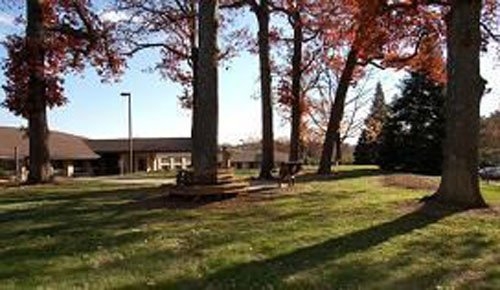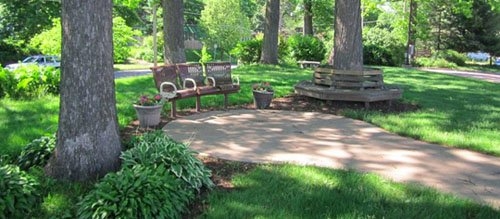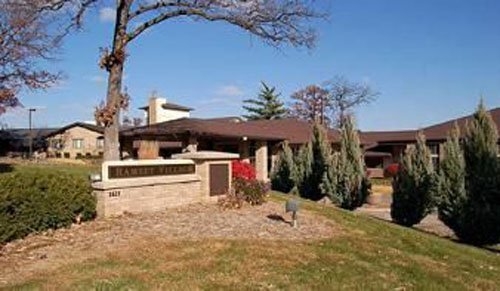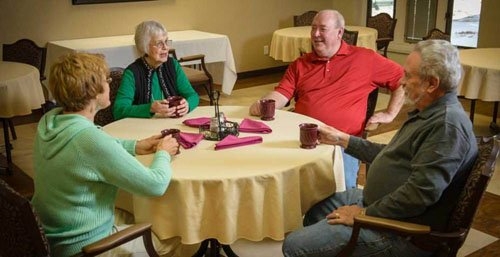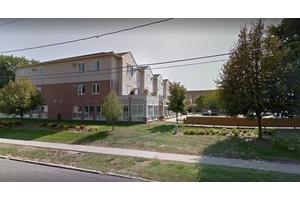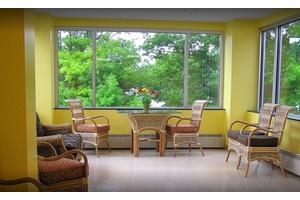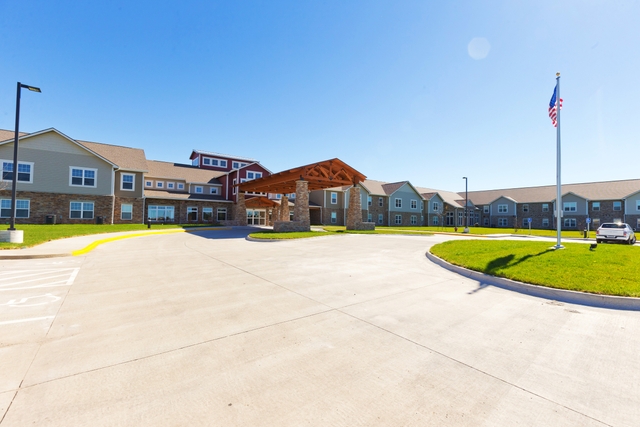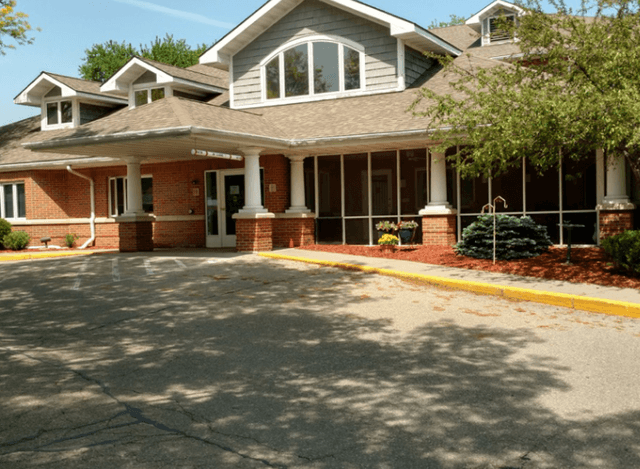Applications for Medicaid in Iowa may be submitted online or by phone, or a paper application can be dropped off at a local Human Services Office. New applicants are interviewed by phone to establish both financial and medical needs, and documents may be requested to establish financial eligibility for the program. While this process can take time to complete, it should not delay an applicant seeking necessary treatment. On approval of a beneficiary’s application, Medicaid can retroactively pay for covered expenses obtained during the application period.
Iowa Medicaid requires applicants to meet the financial limitations for participation in the program. To qualify, a single adult must earn less than $32,904 a year and possess countable assets of $2,000 or less. A married couple applying for Medicaid together must earn less than $65,808 and have assets worth no more than $3,000, while a married couple where only one partner applies has an income limit of $2,742 a month and asset limits of less than $2,000 for the applicant and $148,620 for the non-applicant spouse.
Not all assets are considered part of the financial assessment for Medicaid in Iowa. While only a Medicaid intake worker can state definitively what is or isn’t countable, applicants are generally exempt from counting a car owned for personal use and up to $595,000 in equity in a single home. Investment properties, second vehicles, certain retirement savings and other assets may be counted, but personal belongings generally aren’t. Intake workers look at income and assets reaching back over a 60-month lookback period, and new applicants may be asked to submit documents relating to any large transfers of property during this time.
